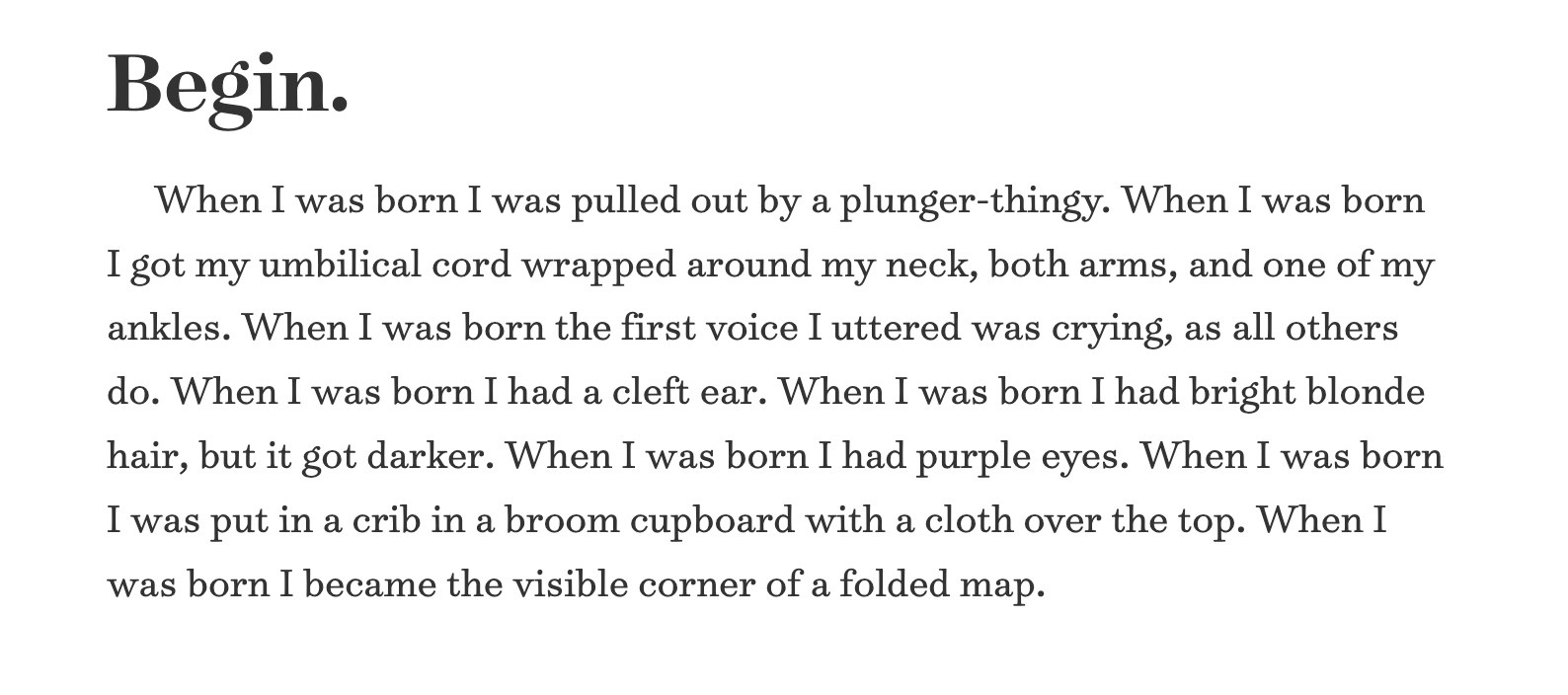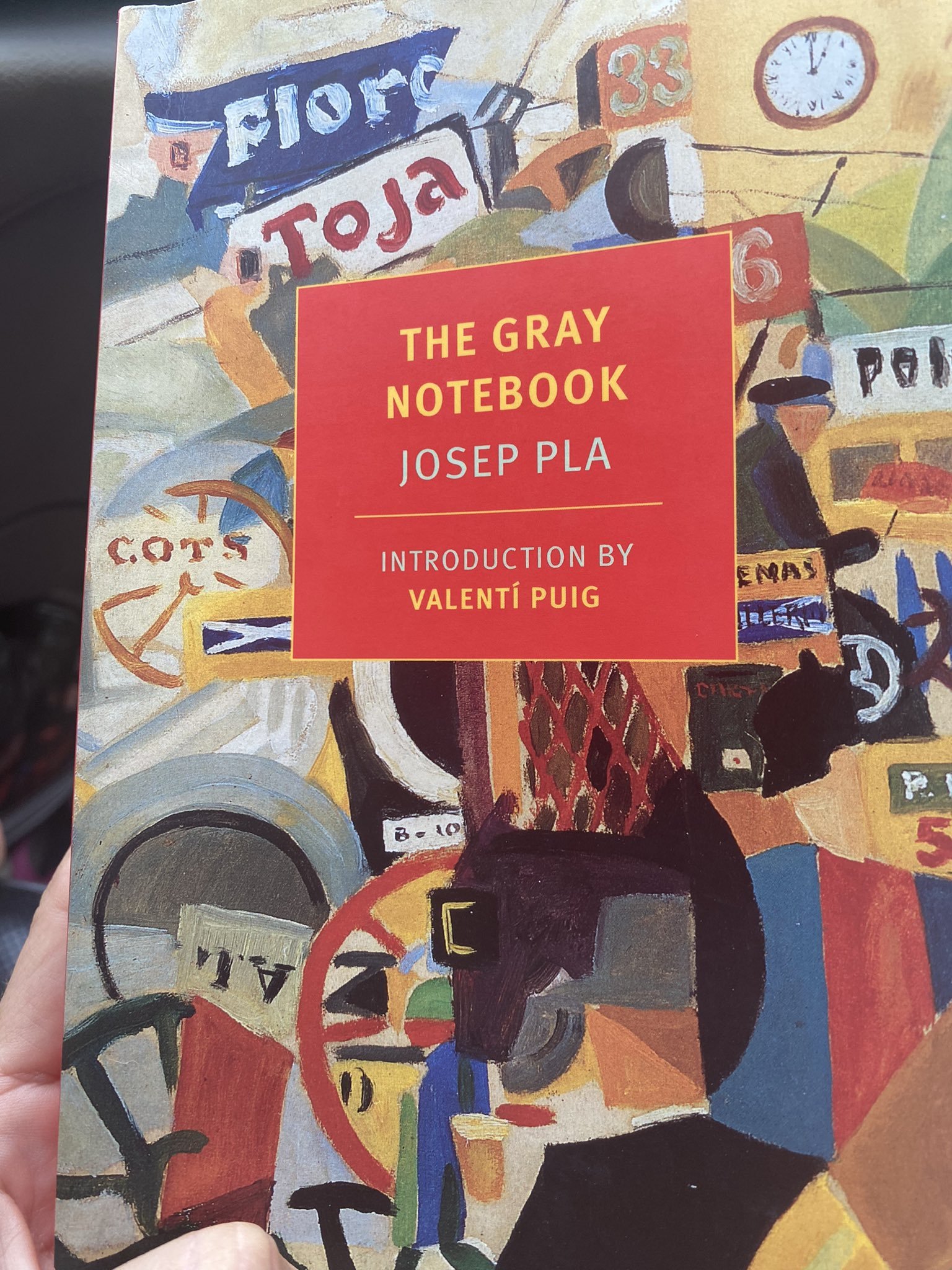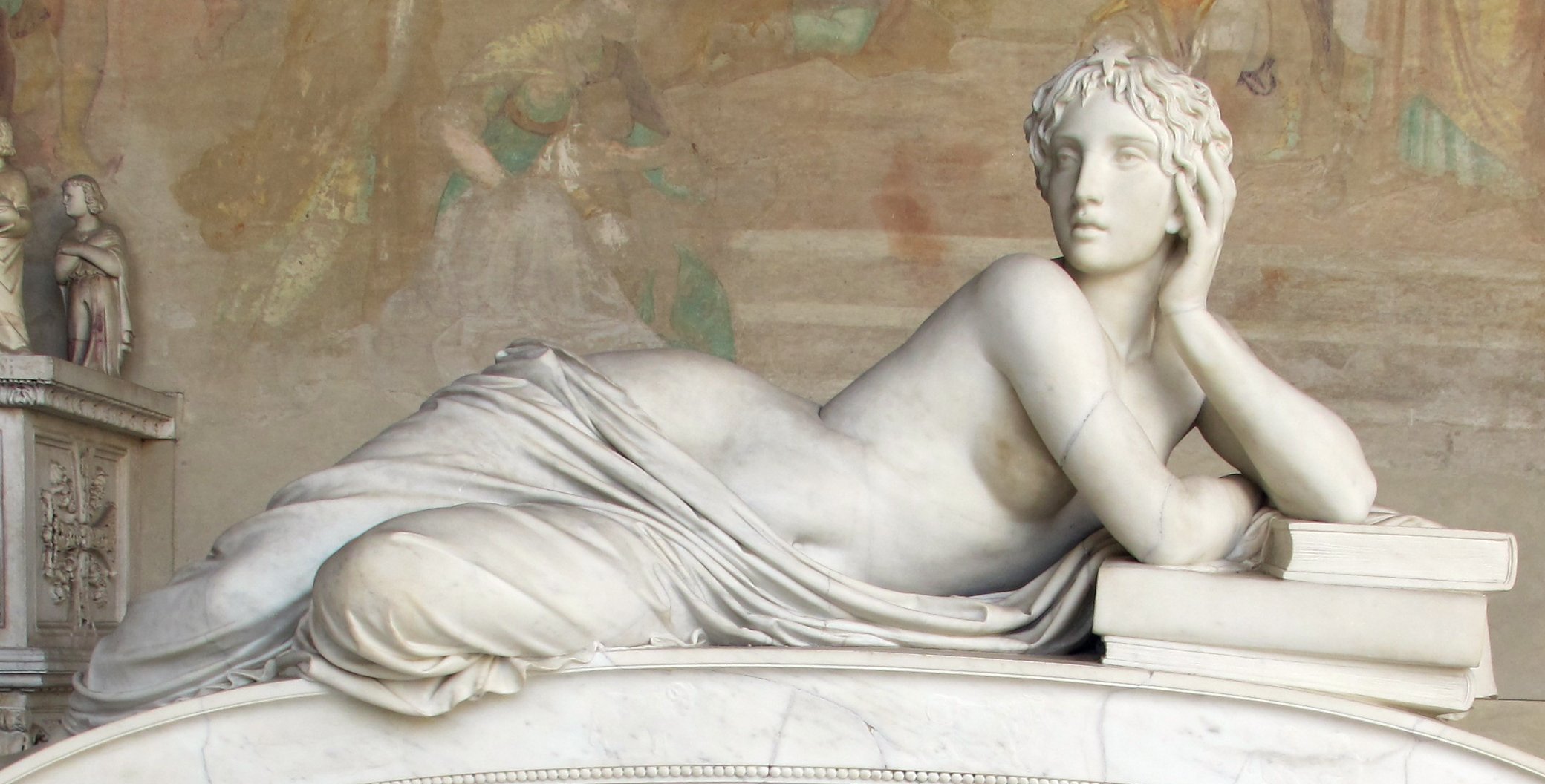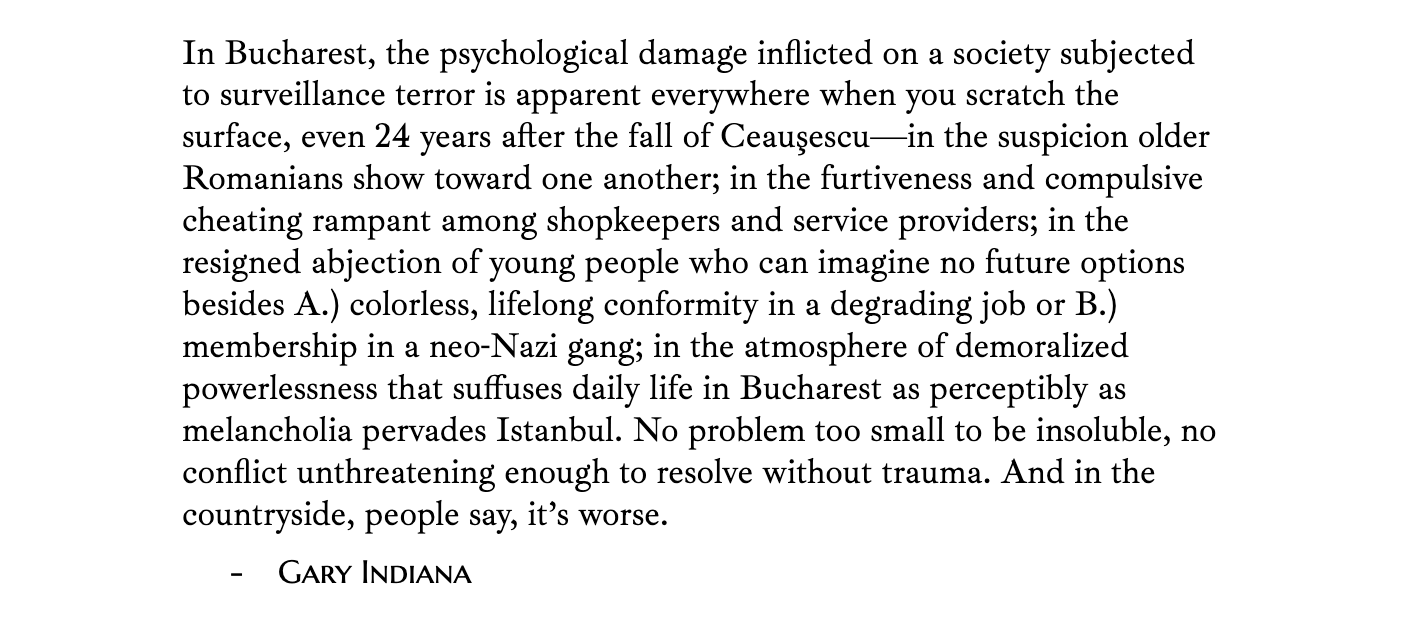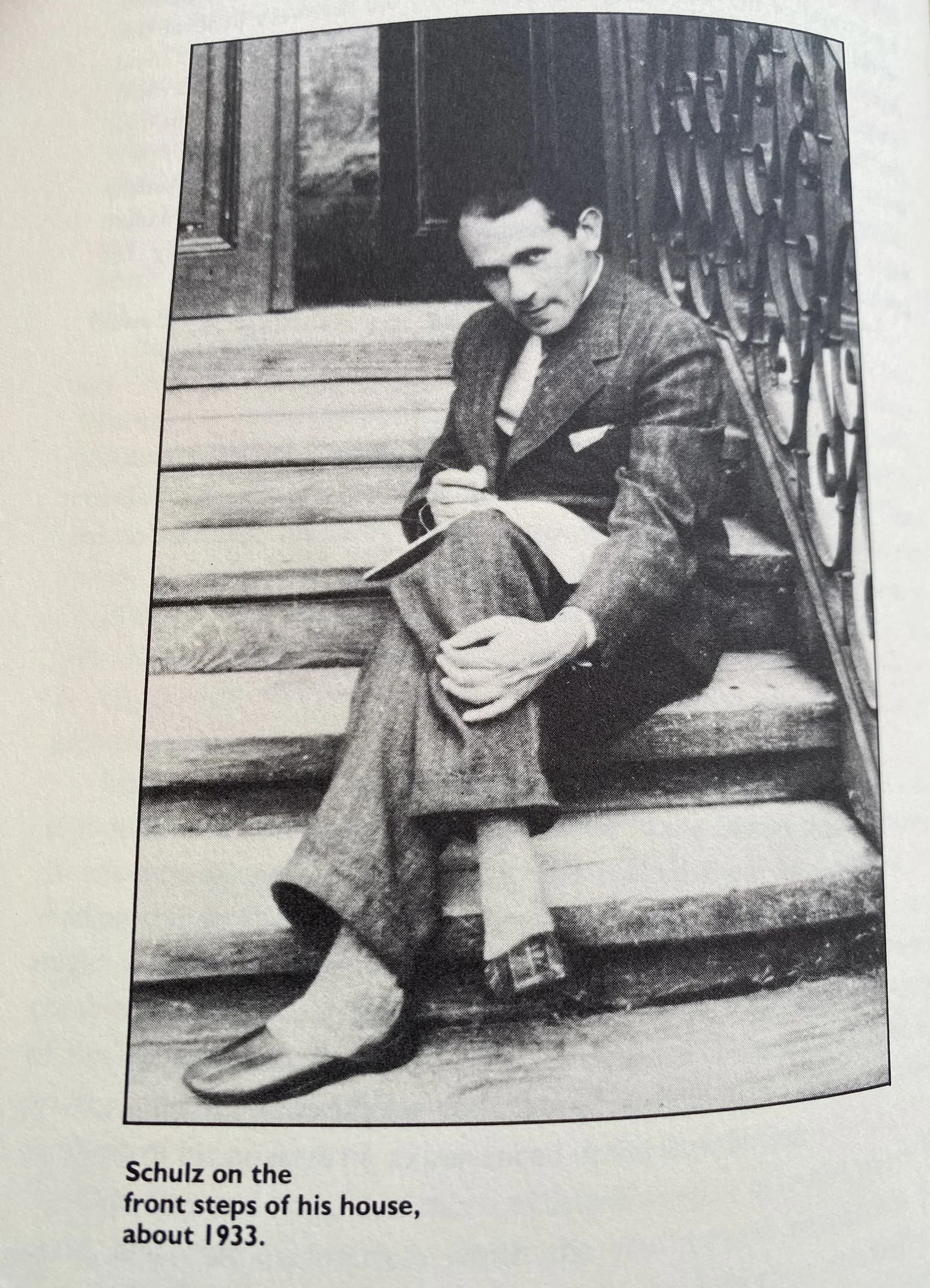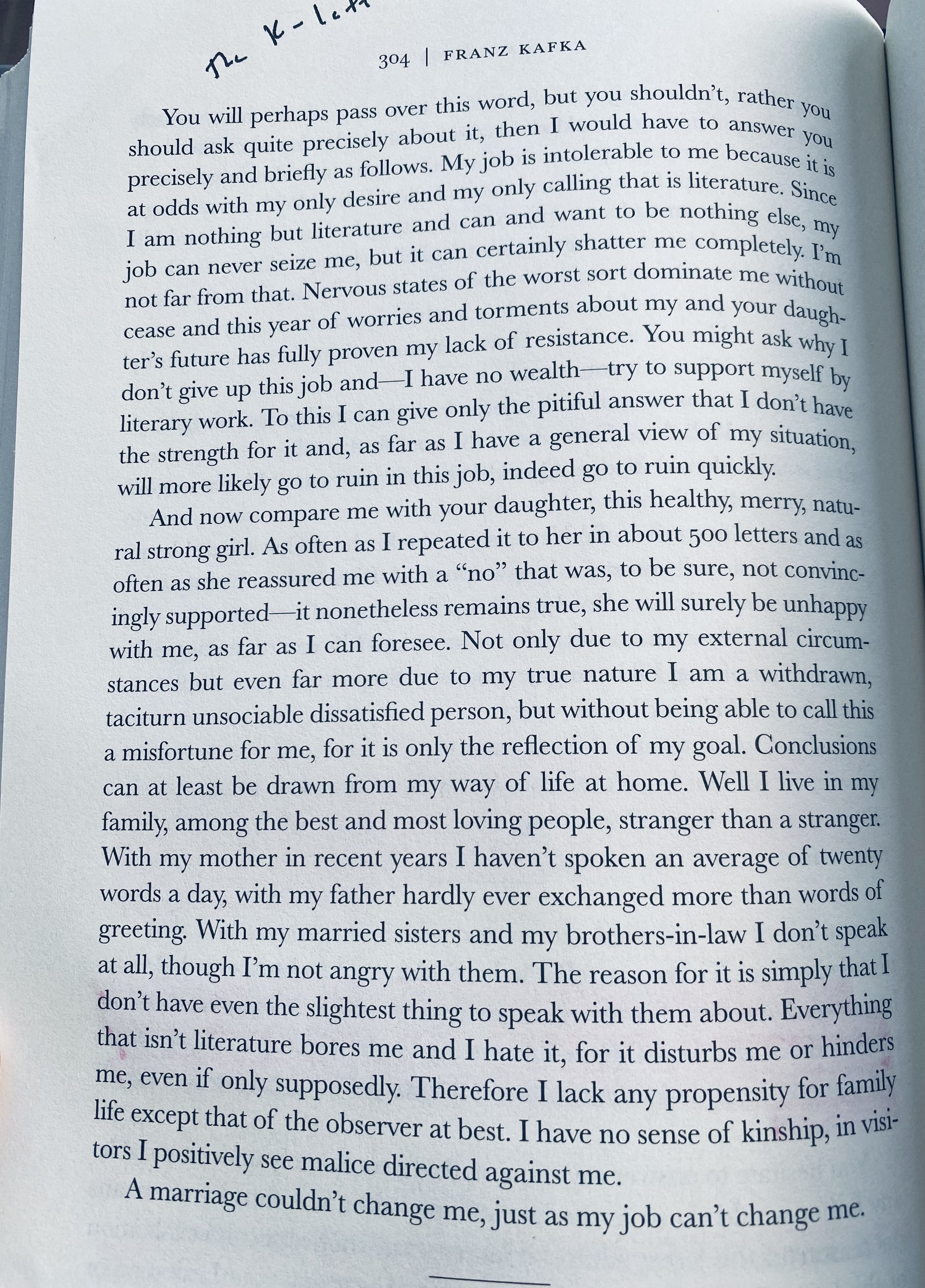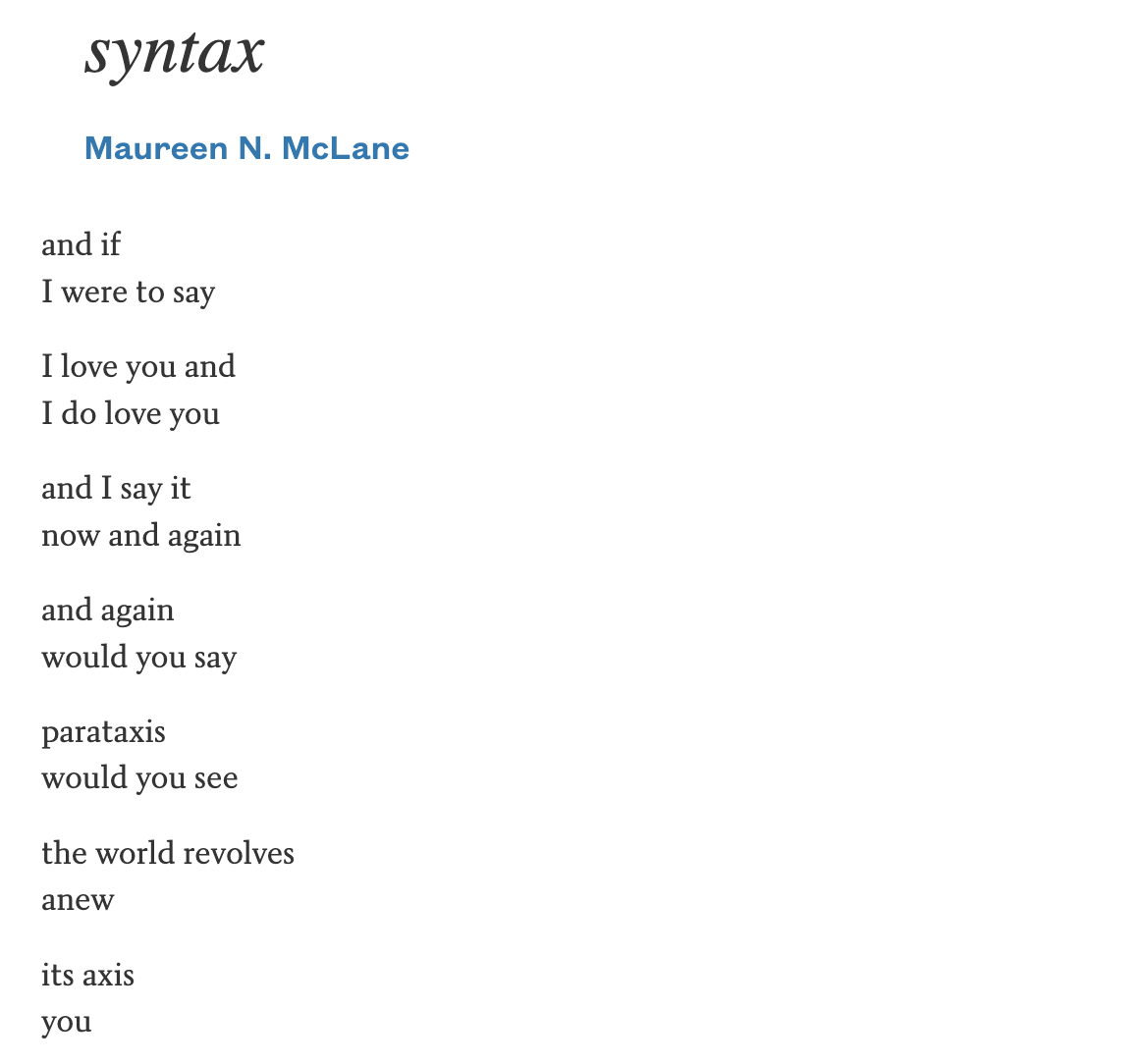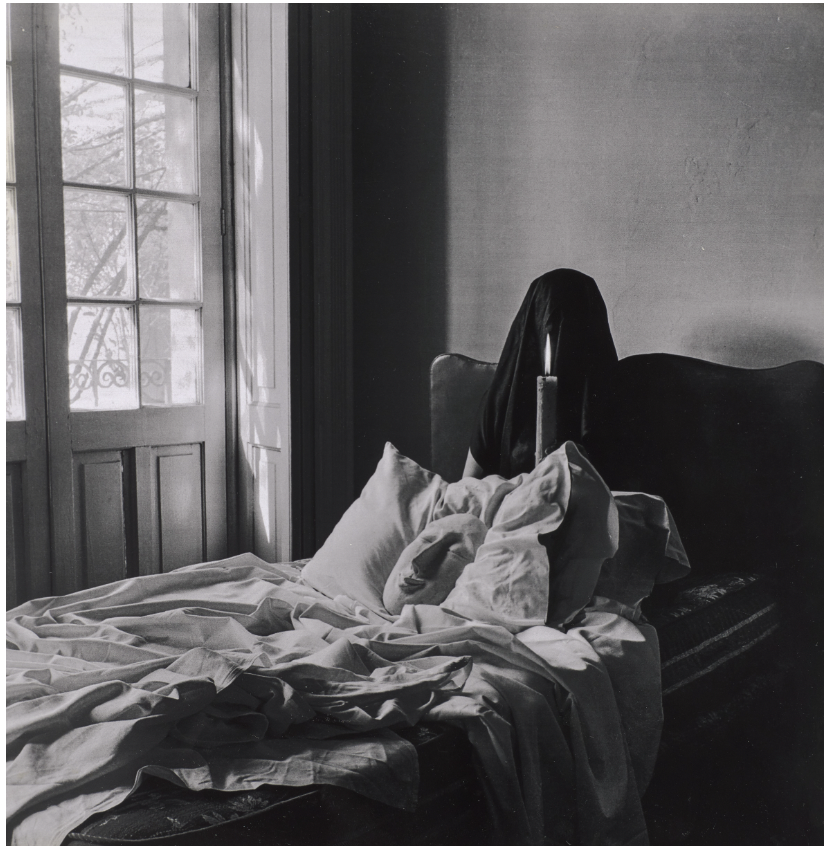“Thanks for a country where nobody is allowed to mind his own business. Thanks for a nation of finks.”
—William S. Burroughs, A Thanksgiving Prayer
In Bucharest, the psychological damage inflicted on a society subjected to surveillance terror is apparent everywhere when you scratch the surface, even 24 years after the fall of Ceauşescu—in the suspicion older Romanians show toward one another; in the furtiveness and compulsive cheating rampant among shopkeepers and service providers; in the resigned abjection of young people who can imagine no future options besides A.) colorless, lifelong conformity in a degrading job or B.) membership in a neo-Nazi gang; in the atmosphere of demoralized powerlessness that suffuses daily life in Bucharest as perceptibly as melancholia pervades Istanbul. No problem too small to be insoluble, no conflict unthreatening enough to resolve without trauma. And in the countryside, people say, it's worse.
*
In line at an airport immigration check, the couple ahead of me debated which of their passports to use. They each shuffled at least five, like cards in a poker hand, all issued by different countries. The two sounded postcoitally blowsy, absorbed in their own sleepy dithering. They asked if I'd been around Taksim Square the night before. They had been sprayed, it turned out, with the same wave of tear gas I had walked into three blocks down the street. Like me, they'd spent all night rinsing their eyeballs, and now could easily fall alseep on their feet.
"We just got married," the woman said, making a little snort, as if they shared a few doubts about whether this had been a great idea. She was 40-ish, dubiously blond, pale, strong-chinned, gray-eyed, very pretty, of unguessable nationality, wearing a frazzled old Chanel suit and no makeup. Her partner was a hefty man, possibly Lebanese, with a stippled whitish fringe along the trim line of his thick black hair. Youthfully loose-limbed, but paunchy and quite a bit older. One pale-aubergine shirttail fluttered at his zipper; the other was stuffed into his pants. He was trying to be amusing and, unlike most people in airports, succeeding. "Guess where we're going," the woman quizzed with mock haplessness. "Cairo, jewel of the Nile," her new spouse chimed in, rolling jaded eyes at the predictable ironies of travel. I had a half-conscious flash that these people weren't touring or jetsetting at all, but testing out a much-revised script for incipient flaws, a fiction close enough to reality to go unchallenged in public. The immigration person waved them forward. "And then, what the hell," the woman laughed as she walked away, "Beirut. How's that for a dream honeymoon?"
*
It's possible that people intending to do bad things use the telephone and the internet to plan them, if they are also morons. However, morons are not noted for their planning skills. I suppose it would be nice if some bad things could be prevented before they happen without turning the world into a police state. The "eye in the sky" in casinos nips a lot of card counting and skimming and other scams in the bud. But if you place every human being or even everybody in a single country under invasive surveillance, a police state is what you get, even if the collected data is scattered around unsorted in a mainframe until a particular person becomes "a person of interest."
*
The overriding imperative of any bureaucracy funded by the state is its own self-perpetuation. If its purported reason to exist threatens to disappear, a bureaucracy will create whatever conditions it was supposed to eliminate. A drug-enforcement agency will deal drugs. An antiterrorism agency will breed its own terrorists, attracting weak-minded, potentially volatile people into bogus conspiracy cells. A central intelligence agency or so-called department of homeland security will manufacture threats to security, for example the recent "increased chatter alarm" that closed all the embassies in North Africa for a week.
If these glue traps for federal revenue are allowed to collect unlimited information about everybody, they can also make anybody into a terrorist, a drug mule, or whatever other menace a potential agency or department budget reduction calls for, cutting and pasting together a flimsy but widely believable, totally distorted version of any individual for public consumption, using bits of his or her data that have been parked in a massive hard drive in North Dakota or Utah or one of the other storage states. Last words of Lee Harvey Oswald: "I'm just a patsy."
*
In Kiss the Hand You Cannot Bite, a book about the rise and fall of Ceauşescu, Edward Behr quotes a former Securitate official: "Imagine a huge apparatus spreading rumors, fear, and terror, an atmosphere in which common people feel that if they try and do the most insignificant thing identified as an act of opposition… they will disappear. It was psychological terror that paralyzed the Romanian population, and the most outstanding piece of disinformation was the rumor, deliberately spread by Securitate itself, that one out of every four Romanians was a Securitate informer."
*
Local "unrest" distracted me from Egyptian news in Sofia, where comparatively festive marches "turned violent," as the wire services put it, only once, on the 41st consecutive night of demos, when protesters trapped journalists and politicians in the Parliament building, then stoned a police bus sent to extract them. It felt much easier to identify with angry Bulgarians, angry Turks in Taksim Square, than with the factional mix of Islamists in Cairo. The Istanbul demos targeted once-popular Prime Minister Recep Erdoǧan after he proposed razing Gezi Park and replacing it with an Ottoman Disney Mall. (Erdoǧan's biography features the most piquant dependent clause I've come across recently, citing the fecund marriage of the former sesame-bun seller and anti-Semitic playwright to Ermine Güilbaran "despite his homosexual background," about which, there isn't another word.) The Bulgarians, unusually effective street agitators (aside from bringing down the whole government last February, demos recently produced a total ban on shale-oil extraction), were enraged by the government's ongoing collusion with crime syndicates turned corporations that control much of the country's industry and resources. These things made sense. I understood where they came from. It takes no imagination at all to perceive the US since 9/11, notably New York under mayors Guiliani and Bloomberg, as a more elusively layered, distractingly overdecorated version of Bulgaria Today or Istanbul Now, if you throw in an electronic upgrade of the East German Stasi, the Romanian Securitate, the Soviet KGB, and the Albanian SHIK. Egypt, however…
*
To pilfer the title of Ivana Lowell's brilliant memoir, why not say what happened? According to Alan Taylor's The Civil War of 1812, even before the American Revolution scores of colonists in every trade and profession fled the soon-to-be-United States for remote parts of Canada, disgusted by the corruption and unbridled avarice that already permeated life in American towns and cities. By 1871, reporting on the fantastic chicaneries of the Gilded Age robber barons and the rotten judiciary they manipulated to thwart one another, Charles F. Adams, Jr. was able to write of an atypical judge, with no fear of intelligent contradiction: "At this particular juncture Mr. Justice Sutherland, a magistrate of such pure character and unsullied reputation that it is inexplicable how he ever came to be elevated to the bench on which he sits…" How different the US might be, today when the piratical ruthlessness of the Gilded Age amounts to a pimple on Lloyd Blankfein's ass, if every school child were taught the actual history of the country, instead of being stuffed with platitudes glorifying the supreme greatness and goodness of the place where he or she happened to be born.
*
I registered Egypt as a creepy smudge when it appeared on Bulgarian TV, which I only turned on for news of Edward Snowden, marooned at the time in the Moscow airport. Now, in Bucharest, I catch myself doing the same: Egypt seems even more distant, a catastrophe with no solution and no exit. I don't know how to reconcile the contradictions embedded in it. I can't look at it. Among other things, it would force me to consider: Do I honestly 'believe' in democracy?
I'm old enough to know America itself doesn't, since until very recently, any democratically elected head of state or popular leader anywhere whom the US couldn't control swiftly experienced a CIA-sponsored insurgency or coup d'etat—Arbenz, Mossadegh, Allende, Aristide, Sukarno, Lumumba, Trujillo, Diem, Goulart in Brazil, Nkrumah in Ghana, to name just a few, and then there are all the failed coups, against Castro, Chavez—the list covers every continent except Australia, where I think the US mainly just rigs elections. Everybody in this world, except in America, understands exactly what the single mission statement of US policy is: "You do it our way or we'll push your face in."
*
No answer, no exit: asking people to choose between the Egyptian military and the Muslim Brotherhood is the same as asking if they'd rather be sent to Auschwitz or Treblinka.
*
Beside the veranda of his carpet emporium, Ahmet's ringlets brushed John-from-Melbourne's ear while they sipped mint tea, slouched on fat embroidered pillows. In the midafternoon heat, they lolled like pashas on a vast Soumak carpet laid out on the ground. Ahmet's piccolo, a cherubic but very pushy 15-year-old, had "teasingly" escorted me the length of the bazaar, from a fabric shop also owned by Ahmet, where I had been on the verge of getting laid by one of his employees. Ahmet had been there earlier, striking Mae West poses and exhausting his supply of sexual innuendoes. Ahmet was what used to be called a camp. Not my thing. Now I had to deal with him again, taking in a tableau of pudgy, effeminate carpet shill nuzzling lanky, louche-looking retiree from Down Under, which strongly suggested that Ahmet and John were carnally familiar old friends. I took John for an expat living in Istanbul since at least the Battle of Gallipoli, if not the Crimean War.
After a lot of misfounded conversation, I gleaned that he was nothing of the kind. Depressingly, he was two years younger than I was. He had arrived two days before on a loosely organized package tour, and had met Ahmet for the first time that morning. He wasn't gay, or not much, just comfortable with body contact. This was the six-hour anniversary of Ahmet's campaign to sell him a carpet, subtracting an hour for lunch and another for Ahmet's mosque duty. Merchants in the Old Bazaar not only drip charm and oblige you to drink tea with them for hours, but will happily fuck you in the ass to make a sale. The playfulness involved often looks and feels more personal than it is, though.
*
Democracy, Schmemocracy. It's irrelevant to the people who manage the country, a joke to the people who own it. A local example, of course, is New York's City Council, led by Christine Quinn, abolishing mayoral term limits after they were set by a voter referendum—the most unambiguous expression of the citizens' wishes in a democracy (unless the ballot question is constructed by Californian Jesuits). What I'm not certain about is whether I support, believe in, advocate, adhere to, "democracy," if the outcome is or might be something very evil.
*
Silence was the enemy of Ahmet's trade. He had a Wagnerian opera's worth of rug chat stored in an otherwise fallow brain. At times, weirdly, losing himself in the throes of a marketing aria, he appeared to mutate, like a human CGI effect, into a more urbane, philosophically detached, European personality, even a hereditary duke or viscount, from a country far west of Turkey. Or an actor, perhaps, researching the role of a faggy Levantine rug peddler, who sets off for lunch at the Four Seasons before remembering he's still in greasepaint and a cheap rehearsal costume. These improvised personality touches—ruminative, skeptical, fitfully dismissive, florid, conflicted, judicious, brazenly unctuous by turns—began to suggest that somebody else was trying to sell him the carpet. He made two paltry sales all day, both dismayingly irrelevant to his current business plan. His current business plan was to somehow unload a centuries-old Isfahan consignment item, valued at two hundred thousand euros. Everyone entering the shop wanted a look at it, since Ahmet invoked it as if it were the Holy Grail. Absurdly, I thought, he went as far as to tell people he expected the thing to triple in value on its next appraisal, and prayed some devilish shrewd customer wouldn't wrest it from his inventory before that. However, Ahmet could divine with amazing accuracy the net worth and disposable income of any living human being, and saw that none of the day's marks had remotely enough assets to buy it. He was just fucking with himself. It seemed mildly endearing.
*
The Obama administration scrambles to glue a happy face on its out-of-control spy agencies, while the director of the NSA lies to Congress, not only about the fact of rampant domestic spying, but about the number of terrorist plots the NSA has thwarted by means of any of its surveillance programs. At first it's 50, then it's ten, then it's down to five, finally it's "I don't have the exact figures in front of me." Exactly none, apparently. Even Joe McCarthy was less obviously full of shit. By the time James M. Clapper, if that really is his name, finished testilying under oath, news of the illegal liaison between NSA and the DEA had already leaked from the cache of yet-unpublished Snowden documents. It's brilliant to release the sordid truth one item at a time, right after the Clapper or some other federal sinkhole has been forced to admit the last one and indignantly denied that the logically inevitable next one could even be possible.
*
When Ahmet disappeared to cook tea, John mentioned that Cairo was the next stop on his itinerary. The question of whether to cancel hovered in the muzzy air. "Of course you should go," I said, yawning. "They're not rioting in Luxor or Alexandria, are they?" I had no idea if "they" were or not, but it was just rioting, as far as anyone knew. Maybe it would stop, the way the bazaar stopped when the prayer call, crackling with dense static, bleated like a scary foghorn from the Fatih Cadde mosque across the road. "Not yet," John said. "Unless all hell breaks loose before Tuesday, I'm going. I only get away from Melbourne once a year; anyway, it's already paid for."
I meant not to sound too encouraging, but life really is cheatingly brief. And people who never travel tend to imagine, when trouble erupts in a distant country, that its entire landmass has seized into convulsions. I reminded John that he knew better, though I had scrubbed Egypt from my own vague plans that morning. John wasn't American, I rationalized, he would be less unwelcome than I in a combat zone, or else less attractive as a hostage, if it came to that. "Either things will calm down before you get there," I said, "or you'll have a great story to tell your grandchildren."
"Anyway," John said, "I check the embassy travel advisory every day."
"Sometimes," I said,"even when there's a war, if the Hilton stays open, it means you can travel around and still avoid the whole thing if you're careful."
It really didn't occur to me until 3 AM, when I was feeding cats in the streets near my hotel, to ask myself what is always somehow an untimely question: "Why the fuck did I say that?"
*
Obama—not to be outdone in devising the "least untruthful" excuse for a money-gobbling vortex of warrantless searches and supine FISA court judges who sign off on anything put in front of them—assures us that he had planned some purgative review of the NSA even before Edward Snowden was a drop of cum in his father's balls, so there! How sad that the still-inspiring symbolism of Obama's election has turned out to be the only unqualifiedly positive thing about his presidency—even Obamacare is so deeply compromised by concessions to the insurance industry that its main value is likewise located in the realm of the symbolic. I'm rarely moved by the rhetorical style of Ivy League valedictory addresses, so when people say "the president made a great speech," it's just an unnecessary reminder that actions speak louder than words. And in the matter of Edward Snowden's immeasurably laudable and invaluable public service, and regarding the NSA, CIA, FBI, DEA et al., the next shoe to drop will doubtlessly be federal collection of all citizens' medical records—and, since all the acronyms are having a gang bang, why not let the IRS in on the fun, along with the family doctor?





















